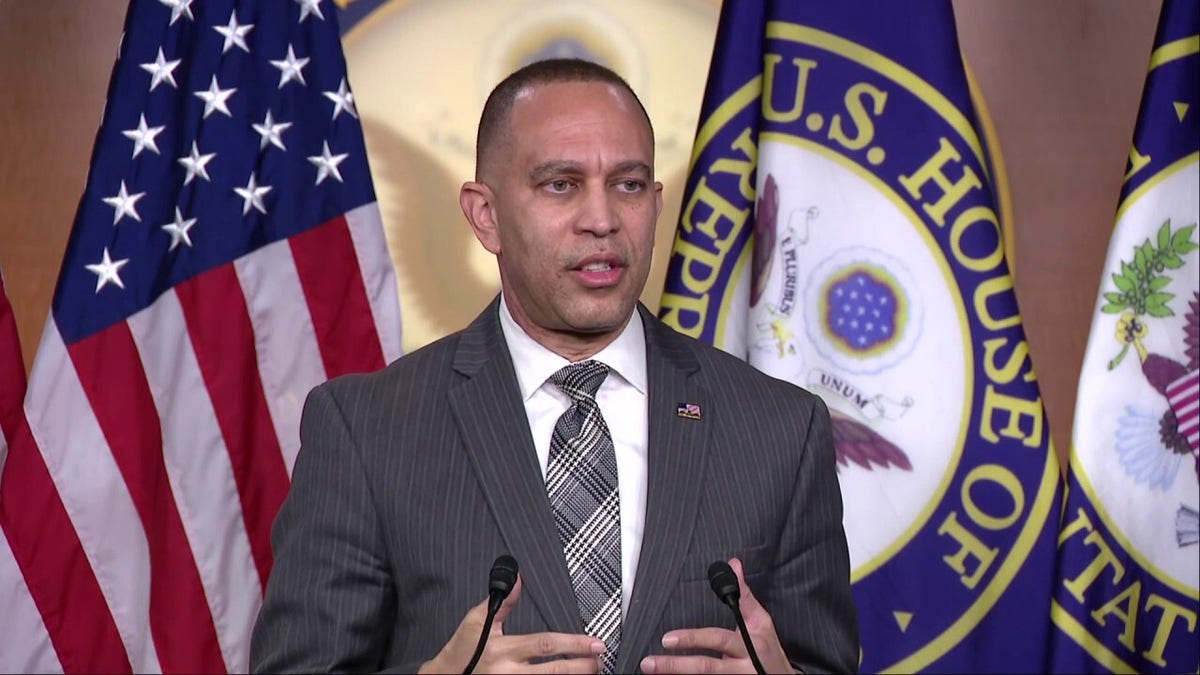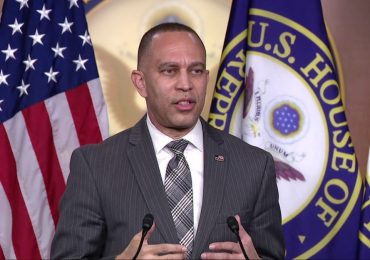NEWYou can now listen to Fox News articles!
As a new report claims that premature organ transplants have endangered donors, HHS Sec. Robert F. Kennedy Jr. has announced plans for a new initiative to reform the system.
Several families have stated that surgeons attempted to initiate organ retrievals while patients were still alive or improving, as noted in a July 20 report from The New York Times.
Amid a growing push for increased transplants, “a growing number of patients have endured premature or bungled attempts to retrieve their organs,” according to the report, which painted a picture of “rushed decision-making” and organ demand taking priority over donor safety.
PATIENT DIES FROM RABIES AFTER ORGAN TRANSPLANT FROM INFECTED DONOR
In a recent investigation by the Health Resources and Services Administration (HRSA), there were more than 70 canceled organ removals in Kentucky alone “that should have been stopped sooner” because the patients showed signs of revival, the report stated.
The problem appears to be linked to an increase in “donation after circulatory death,” which is when the patient has not been declared “brain dead” but is critically ill or injured.

As a new report claims that premature organ transplants have endangered donors, HHS Secretary Robert F. Kennedy Jr. has announced plans for a new initiative to reform the system. (iStock)
In that case, life support is withdrawn and organs are harvested within a couple of hours after the heart stops naturally.
The Times report indicated that 55 medical workers in 19 states reported witnessing “at least one disturbing case of donation after circulatory death” — some even claiming that providers had administered drugs to “hasten the death” of donors.
Call for reform
The U.S. Department of Health and Human Services (HHS) released a statement on Monday announcing an initiative to reform the organ transplant system.
The push follows the HRSA’s investigation, which reportedly revealed “disturbing practices by a major organ procurement organization.”
“The entire system must be fixed to ensure that every potential donor’s life is treated with the sanctity it deserves.”
Secretary Kennedy said the investigation revealed that hospitals allowed the organ procurement process to begin “when patients showed signs of life.”
“This is horrifying,” Kennedy said in a statement. “The organ procurement organizations that coordinate access to transplants will be held accountable. The entire system must be fixed to ensure that every potential donor’s life is treated with the sanctity it deserves.”

Several families said surgeons attempted to initiate organ retrievals while patients were still alive or improving, as noted in a July 20 published piece. (iStock)
Under this investigation, HRSA reviewed organ procurement organizations’ “conduct and treatment of vulnerable patients.”
“HRSA’s independent investigation revealed clear negligence after the previous [Organ Procurement and Transplantation Network] OPTN board of directors claimed to find no major concerns in their internal review,” the HHS noted.
CLICK HERE TO GET THE FOX NEWS APP
HRSA examined 351 cases where organ donation was authorized but not ultimately completed, the agency indicated.
Of these, 103 cases, or over 29%, showed “concerning features,” including 73 patients who had neurological signs that were “incompatible” with organ donation.

HRSA examined 351 cases where organ donation was authorized but not ultimately completed, the agency said. (iStock)
The investigation also discovered that at least 28 patients may not have been deceased at the time of organ procurement.
The HHS said this raises “serious ethical and legal questions.”
ALCOHOL-RELATED LIVER TRANSPLANTS ON THE RISE AMONG YOUNG ADULTS, DOCTOR SAYS
“Evidence pointed to poor neurologic assessments, lack of coordination with medical teams, questionable consent practices and misclassification of causes of death, particularly in overdose cases,” the agency said.
As part of the reform, organ procurement organizations will be required to follow “strict corrective actions” and make “system-level changes” to safeguard potential donors.
CEO cites ‘fragmented oversight’
Dr. Maureen McBride, CEO of the United Network for Organ Sharing (UNOS), responded to The New York Times report in an online statement, calling the patient situations “horrific.”
“This falls far below the standard that the American organ donation and transplant system — the global gold standard — demands, and it cannot be tolerated,” she said.
“This sharply underscores the need for a more unified and accountable structure for overseeing the nation’s organ donation and transplant system.”
There are currently more than 103,000 men, women and children on the national transplant waiting list.
Advertisement












